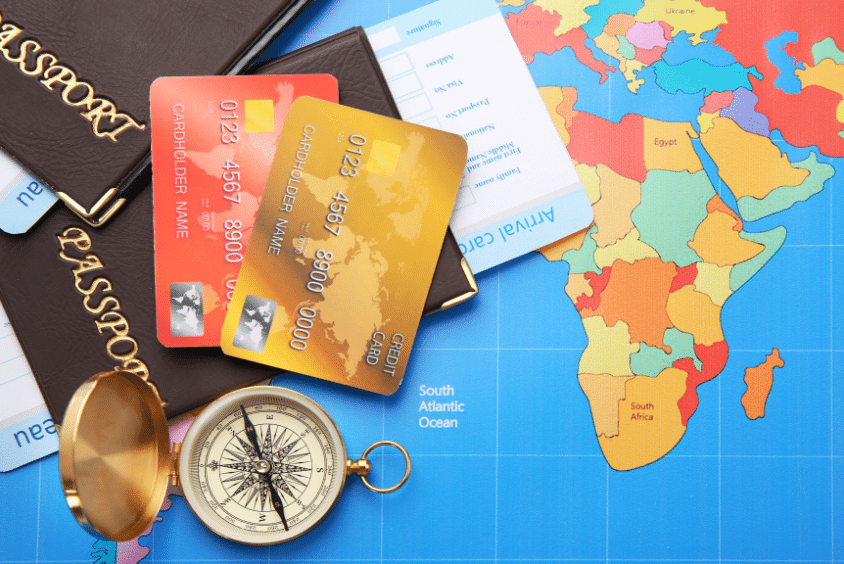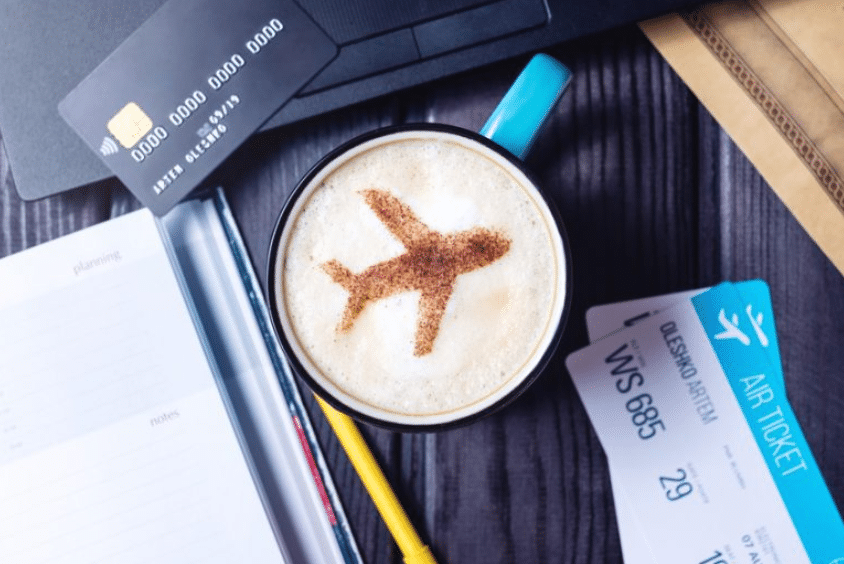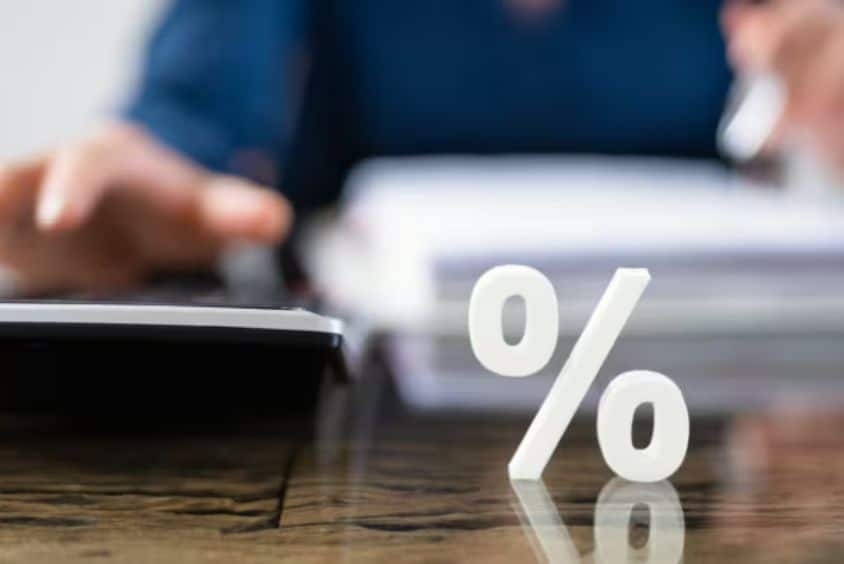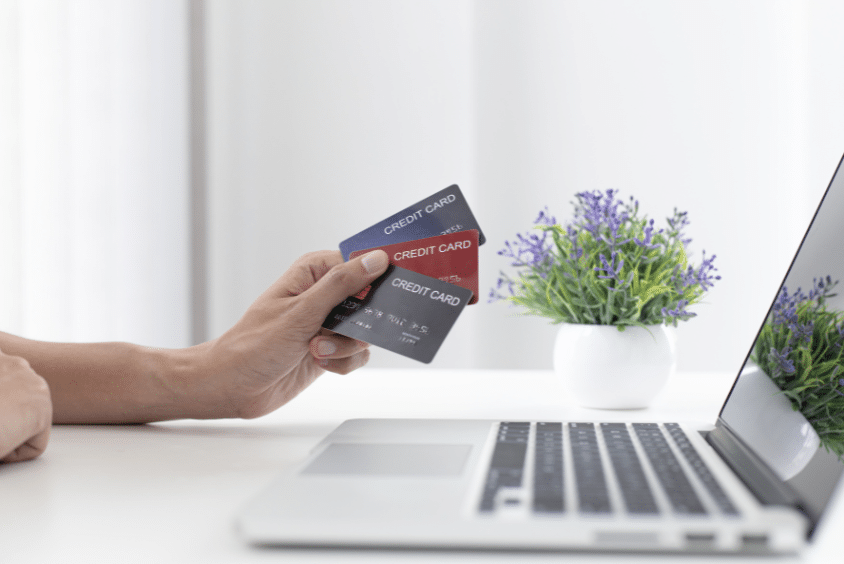In an increasingly interconnected world, credit cards have become indispensable tools for managing expenses, and this rings especially true for travel enthusiasts. The allure of exploring new destinations, experiencing diverse cultures, and creating lasting memories has led many individuals to utilize credit cards as companions on their journeys. However, responsible financial management remains paramount to ensure that the excitement of travel doesn’t lead to undue financial stress. In this guide, we will delve into a series of essential tips aimed at facilitating responsible expenditure on credit cards for travel. By mastering the art of using credit cards wisely, travelers can not only unlock various benefits and rewards but also safeguard their financial well-being while indulging their wanderlust.
Points for responsible expenditure usage on credit cards for travel
1. Plan a Budget
Before you embark on your trip, create a comprehensive budget that outlines your expected expenses. Include categories like accommodation, transportation, meals, activities, and even unforeseen costs. Research the cost of living in your destination to set realistic spending limits for each category. Having a clear budget in mind will help you avoid overspending and make informed decisions throughout your journey.
2. Choose the Right Card
Select a credit card that aligns with your travel goals. Look for cards that offer rewards relevant to your trip, such as travel miles, hotel points, or cashback on travel-related expenses. Additionally, consider cards with low or no foreign transaction fees to prevent unnecessary charges when making purchases in foreign currencies.
3. Notify Your Bank
Notify your credit card issuer about your travel plans, specifying the destinations and travel dates. This preemptive step prevents your card from being flagged for suspicious activity when used in unfamiliar locations. Informing your bank also allows them to provide you with emergency contact information in case your card is lost or stolen during your travels.
4. Emergency Fund
While credit cards offer convenience, it’s wise to carry a backup plan. Keep a small amount of local currency or a debit card with you to ensure you have access to funds in case your credit card encounters issues, like a declined transaction or a location where cards aren’t accepted.
5. Track Expenses
Keep meticulous records of every transaction made using your credit card. Use a travel budgeting app or a simple notebook to jot down each expense. This practice not only helps you stick to your budget but also ensures you’re aware of every charge, making it easier to spot any discrepancies or unauthorized transactions.
6. Avoid Dynamic Currency Conversion
When making purchases abroad, merchants may offer to convert the purchase amount into your home currency. This is known as dynamic currency conversion (DCC). Politely decline this option and choose to be charged in the local currency. DCC often includes additional fees and unfavorable exchange rates, leading to unnecessary expenses.
7. Set Alerts and Monitor
Utilize your credit card issuer’s mobile app or online banking to set up transaction alerts. These alerts can be sent via text or email for every purchase, ensuring you’re promptly informed of any activity on your card. Regularly review your credit card statements online to verify charges and quickly identify any discrepancies or fraudulent transactions.
Also Read: EFFECTIVE WAYS TO REACH CREDIT CARD CUSTOMER SERVICE
Bottom line
Incorporating these prudent tips into your travel strategy not only transforms your credit card into a secure and efficient payment method but also elevates it to the status of a reliable financial ally. By exercising thoughtful expenditure, you can confidently explore the world, accumulating rewards and benefits along the way, all while maintaining firm control over your financial health. Remember, a well-utilized credit card doesn’t just facilitate seamless transactions – it empowers you to savor your travel adventures to the fullest while safeguarding your monetary well-being even after you’ve returned home.





